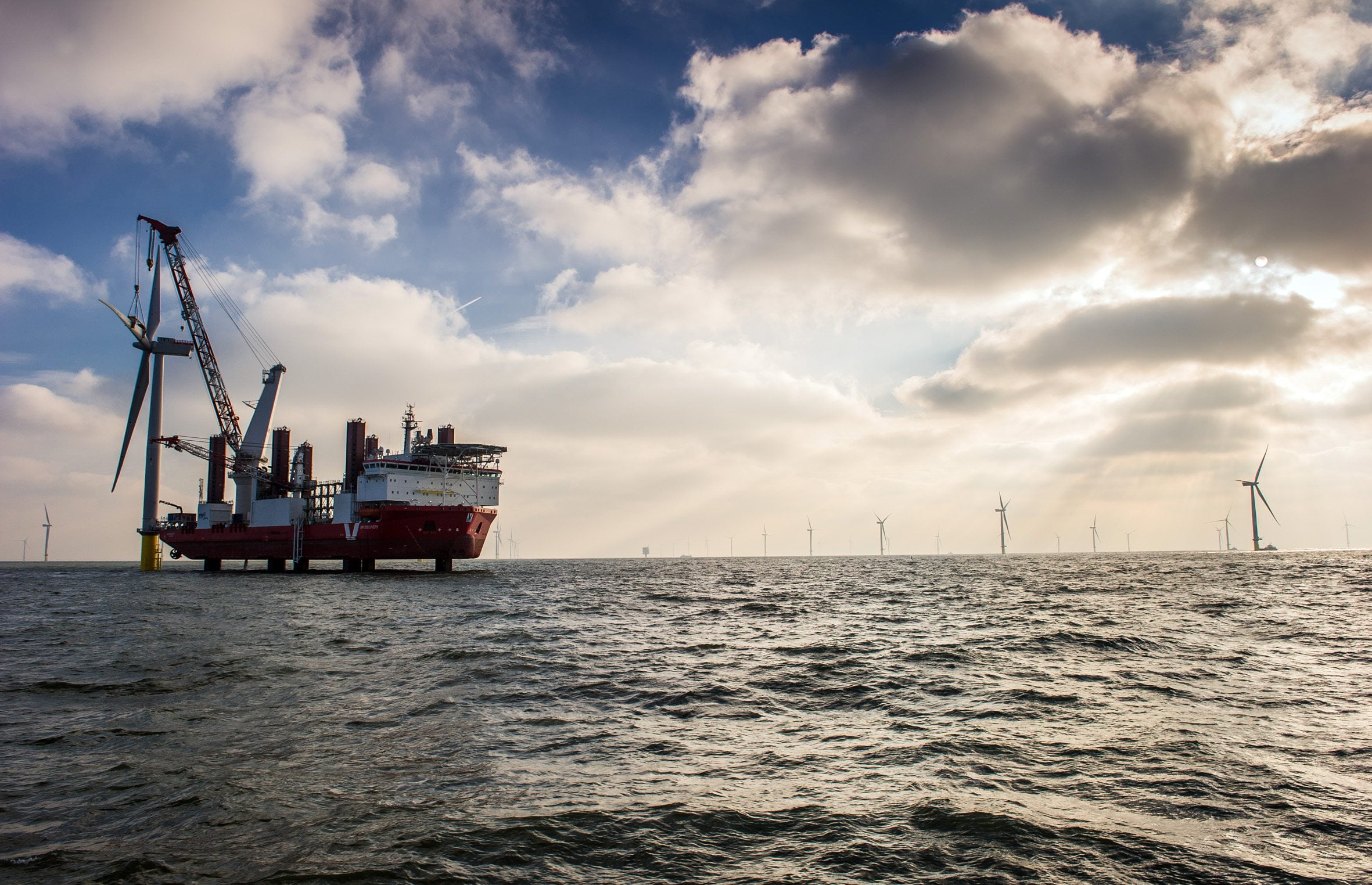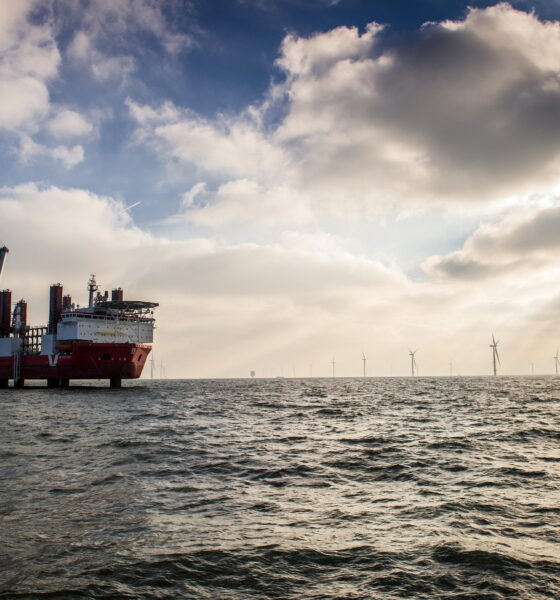

Energy
RenewableUK publishes 2015 general election policy wishlist for renewable energy
The trade body for the UK’s wind, wave and tidal renewable energy industries has published its “manifesto” ahead of the 2015 general election, asking politicians to provide certainty for the investment required to build a low-carbon future.
In the document, RenewableUK says that wind and marine power could supply 25% of the nation’s electricity by the end of the decade and 44% by 2030.
It says that onshore wind could become the cheapest form of electricity by 2020, while the price energy from offshore wind farms can also be cut by 30%, to reach £100 per megawatt hour.
It adds that the three sectors will create 100,000 jobs by 2030 and boost the UK economy – all this while helping to cut carbon emissions and curb climate change.
However, this will only be possible if future governments offer their support, the manifesto warns.
“Across all the objectives we looked at – security of energy supply, cost-reduction, economic growth, job creation and action on climate change, there was a clear conclusion that emerged – there needs to be some form of 2030 target, in terms of deployment or decarbonisation”, explained Maria McCaffery, chief executive of RenewableUK.
The manifesto asks policymakers to set binding renewable energy targets that will go beyond the current 2020 target. The government has so far delayed its decision on the domestic 2030 target until 2016, but RenewableUK say this is too long to wait.
In recent EU negotiations, the UK has been in favour of 2030 decarbonisation targets but opposed to renewables targets – as they also aim to use nuclear energy and shale gas while cutting emissions.
Other policy interventions will also be necessary, the trade body argues, including a “fair and effective” price on carbon and reforms to the contracts for difference (CfD) scheme and the feed-in tariff.
“Without a clear long-term objective, it will be very difficult to build the generating capacity that the UK’s homes, businesses and factories will require”, said McCaffery.
“With certainty only in place until 2020, we won’t see the scale of investment we need to cut costs, tackle our energy import dependency, create tens of thousands of jobs and arrest climate disruption unless this is addressed.”
Further reading:
Government estimates electricity market reforms will lead to £100bn investment
Green Investment Bank to launch £1bn offshore wind fund
Summer solstice: solar energy to thrive on longest day of the year
Giant 240-turbine UK wind farm could become world’s largest
Which? criticises renewable energy subsidy scheme


 Environment12 months ago
Environment12 months agoAre Polymer Banknotes: an Eco-Friendly Trend or a Groundswell?

 Features11 months ago
Features11 months agoEco-Friendly Cryptocurrencies: Sustainable Investment Choices

 Features12 months ago
Features12 months agoEco-Friendly Crypto Traders Must Find the Right Exchange

 Energy11 months ago
Energy11 months agoThe Growing Role of Solar Panels in Ireland’s Energy Future



























